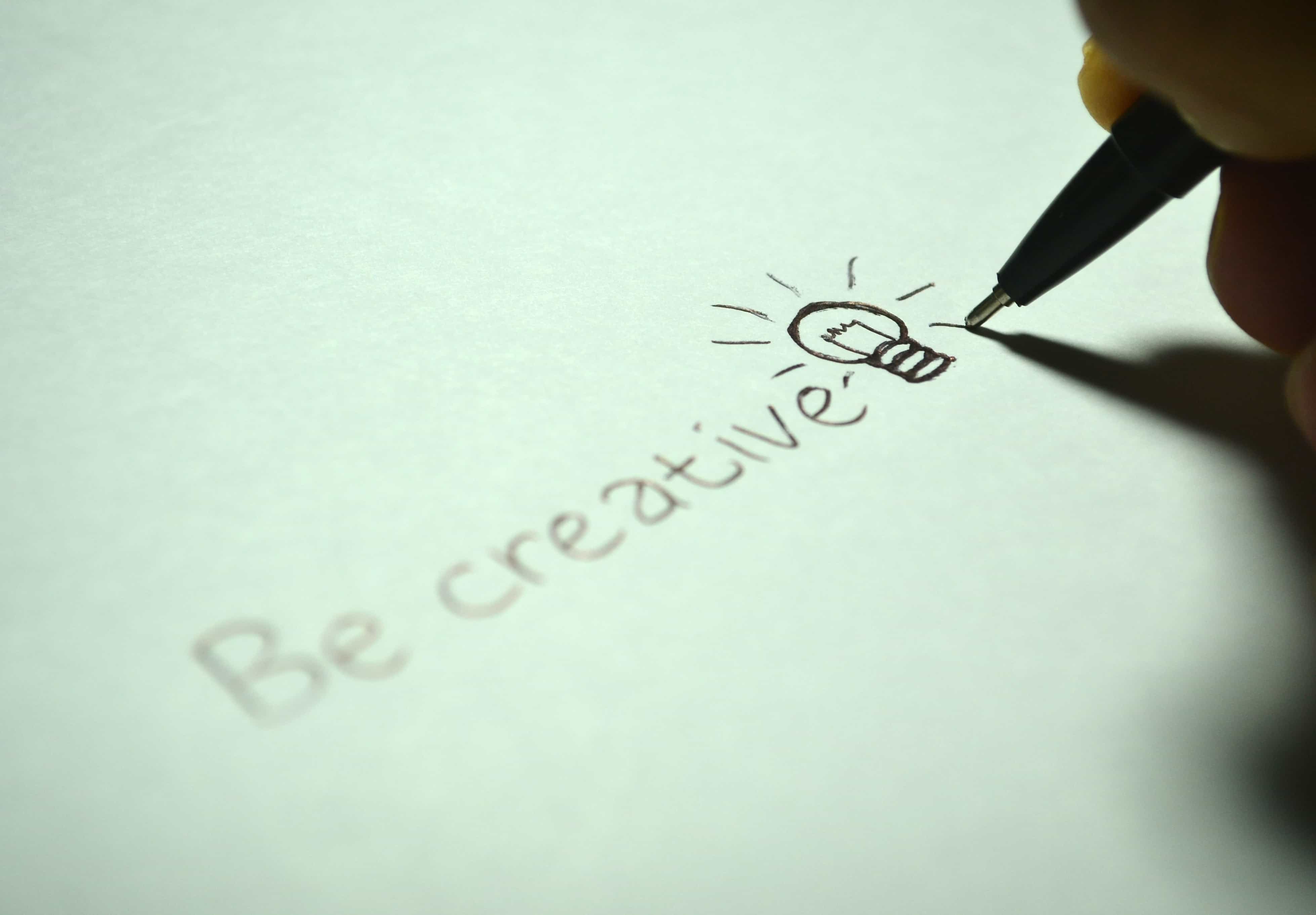Insights
Stop Confusing Creativity with Productivity.

When we conflate creativity and productivity, we miss the mark on both.
What does creativity really mean these days? It’s a term that permeates workplace vernacular, peppered throughout resumes, job descriptions and new business proposals alike, but the meaning rarely goes deeper than the face-value of the word.
“I’m a creative digital specialist with five years of experience.”
“We’re looking for a creative content specialist to help support our growing team.”
“We can craft creative messages and campaigns to reach your target audience.”
Especially in the marketing and communications world, we’re all guilty of throwing claims of creative genius around without actually being able to substantiate them. According to Adobe’s State of Create: 2016 report, a global benchmark study on attitudes and beliefs about creativity, U.S. respondents believe being creative helps make people better workers (84 percent) and leaders (86 percent), yet just 55 percent describe themselves as creative and only 44 percent report living up to their creative potential.
This chasm stems from a blurring line between productivity and creativity in U.S. business culture. Too often, when hiring managers say, “We want people who approach problems creatively,” they really mean, “We want people who solve problems more efficiently.” That stress results in a tangible tension between creativity and productivity at work: 83 percent of U.S. workers “feel there is increasing pressure to be productive rather than creative at work” according to Adobe’s report.
The truth about creativity is that the end result is often far more glamorized than the process. Witty one-liners, stunning visuals, compelling stories, beautiful sounds — anyone in a creative profession knows that these take extended time. From an outside perspective, that process can often come across eccentric and messy, when in fact there is often much deeper focus and concentration at work.
Innovative ideas are rarely born out of a “Eureka” moment, but instead developed over time with tests, mistakes and tweaks until the final product is ultimately a polished original piece of work that fundamentally changes the way people think. Even genuine “Eureka” moments that seem like a spontaneous flash of brilliance are generally a connection borne out of hours of labor spent pondering a problem and approaching it from different angles — time that feels wasted before it all comes together.
But in the 24/7 work cycle, where deliverables, results and bottom lines dictate process, there is little room for the patience that creativity requires. It’s no wonder why most people are so quick to label themselves as uncreative: they simply aren’t given enough time.
My favorite example of this phenomenon happened when I went to a Ben Folds concert several years ago and he played one of my favorite songs, “Not the Same.” Pausing the performance of his show, he asks the crowd for their participation in the background vocals. Dividing the audience by tenors, altos and sopranos, he instructs each section to sing “ahhhhAHHHHH” to create a flawless harmony for the song (perhaps this video will better explain).
The audience starts off a little reluctant and shy, but as more join in, the venue turns into a full-fledged choir where everyone is belting the background vocals along with Folds and his orchestra. It’s a beautiful and collaborative experience where everyone was comfortable contributing their piece, no matter their skill or previous apprehension — not to mention, the final product was stunningly euphonic.
Every single person in the world is creative, but few have the time and comfort to explore it. Folds took the time to allow people to explore their musical creativity and breakdown their insecurities in expressing it. In many ways, businesses can apply these same principles to foster creativity in the workplace. That of course is much easier said than done, but is it is imperative for anyone who hopes to label themselves as “creative.”
This article originally appeared on Medium.